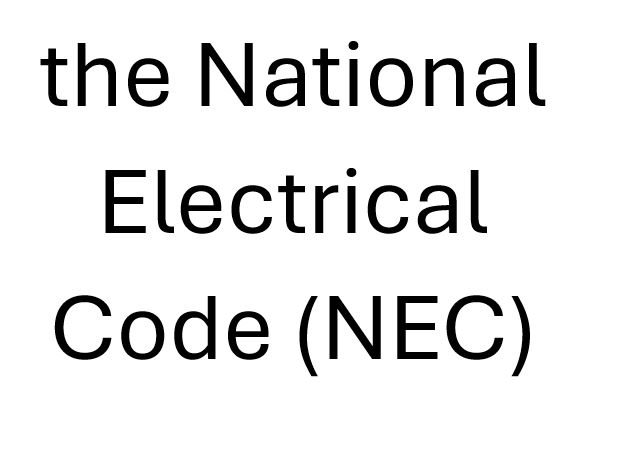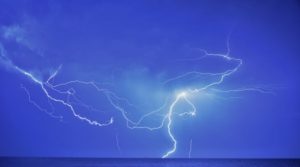
Understanding NEC Compliance: A Comprehensive Guide
Introduction to NEC Compliance
The National Electrical Code (NEC), also known as NFPA 70, is a set of standards developed to ensure safe electrical design, installation, and inspection in the U.S. It is vital for anyone working with electrical systems to understand and comply with these regulations. NEC compliance helps prevent electrical hazards like shocks, fires, and short circuits, ensuring the safety of both professionals and end-users.
Why is NEC Compliance Important?
NEC compliance is not just about meeting legal requirements; it ensures that electrical systems are designed to protect people and property. Failure to comply can lead to severe consequences, including accidents, fines, and project delays. Understanding NEC regulations is essential for contractors, electricians, engineers, and inspectors.
Key Concepts of NEC Compliance
Grounding and Bonding (Article 250): Grounding prevents electrical shock by ensuring that excess electricity has a direct path to the earth. Proper bonding connects metal parts to form an electrically conductive path.
Wiring Methods (Article 300): NEC outlines the types of wiring systems allowed and how they must be installed, including rules for conduit systems, raceways, and cables.
Overcurrent Protection (Article 240): NEC defines guidelines for using circuit breakers and fuses to prevent overcurrent, which could cause electrical fires.
Conductor Sizing (Article 310): This section explains how to select appropriate wire sizes to handle the electrical load and prevent overheating.
Electrical Panels and Disconnects (Article 408 & 430): Proper installation of electrical panels and motor disconnects are crucial for system maintenance and safety.
Steps to Ensure NEC Compliance
- Understand Local Codes: While NEC is nationally recognized, some areas have additional local codes that must be followed.
- Use Licensed Electricians: Ensure that professionals performing electrical work are licensed and familiar with NEC standards.
- Regular Inspections: Electrical systems should be regularly inspected to ensure they meet NEC requirements, especially after upgrades or changes.
- Stay Updated: NEC is revised every three years, so staying up-to-date on the latest version is critical to maintaining compliance.
NEC Compliance for Different Industries
- Residential: NEC compliance is essential for ensuring that homes are free from electrical hazards. This includes proper installation of wiring, circuit breakers, and GFCIs.
- Commercial: Office buildings and factories must comply with more complex NEC regulations, especially when it comes to heavy electrical loads, transformers, and grounding.
- Industrial: Industrial settings often deal with hazardous locations, requiring strict adherence to NEC rules on explosion-proof wiring, motors, and equipment.
Common NEC Violations to Avoid
- Improper Grounding: Many electrical issues stem from improper grounding or the absence of a grounding system.
- Incorrect Wire Sizes: Using the wrong wire size for a given application can lead to overheating and fire hazards.
- Overloaded Circuits: Avoid connecting too many devices to a single circuit, as this can lead to overcurrent and electrical failure.
- Inadequate Protection Devices: Ensure that proper circuit breakers or fuses are installed to protect against overloads.
Conclusion
Achieving NEC compliance is essential for safe and efficient electrical systems. By adhering to the guidelines laid out in the NEC, businesses and homeowners can prevent accidents and ensure the longevity of their electrical installations. Regular training, inspections, and staying informed about code updates are crucial for staying compliant.

Electrician Glossary for Journeyman Electricians
For any professional in the electrical field, especially a journeyman electrician, mastering technical vocabulary is essential. The electrical glossary not only ensures precise communication with colleagues, contractors, and clients but also guarantees that every task is performed with safety and efficiency.

How Solar Energy Works Even on Cloudy Days
When people think about solar energy, they often imagine bright, sunny days powering homes and gadgets. However, what happens when the weather turns cloudy? Many believe that solar panels are ineffective in overcast conditions, but this is a common misconception. In reality, solar energy systems can still generate electricity on cloudy days—just not at the same efficiency level as during full sun.
